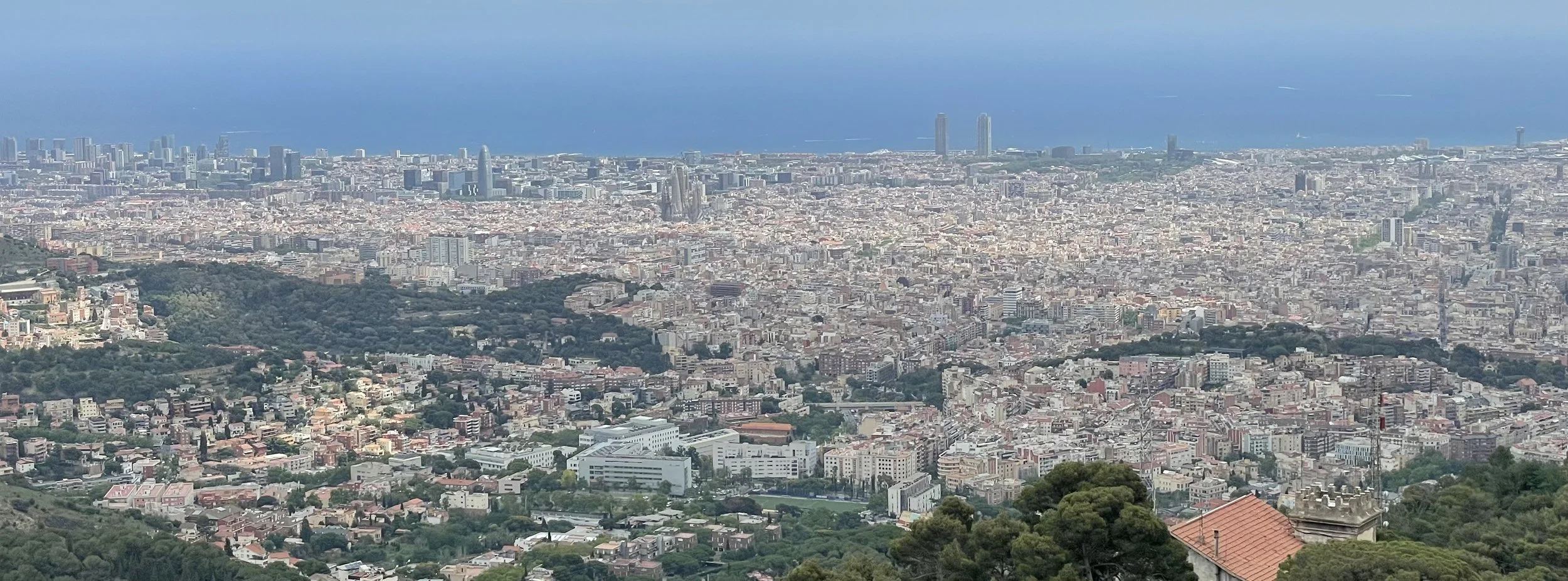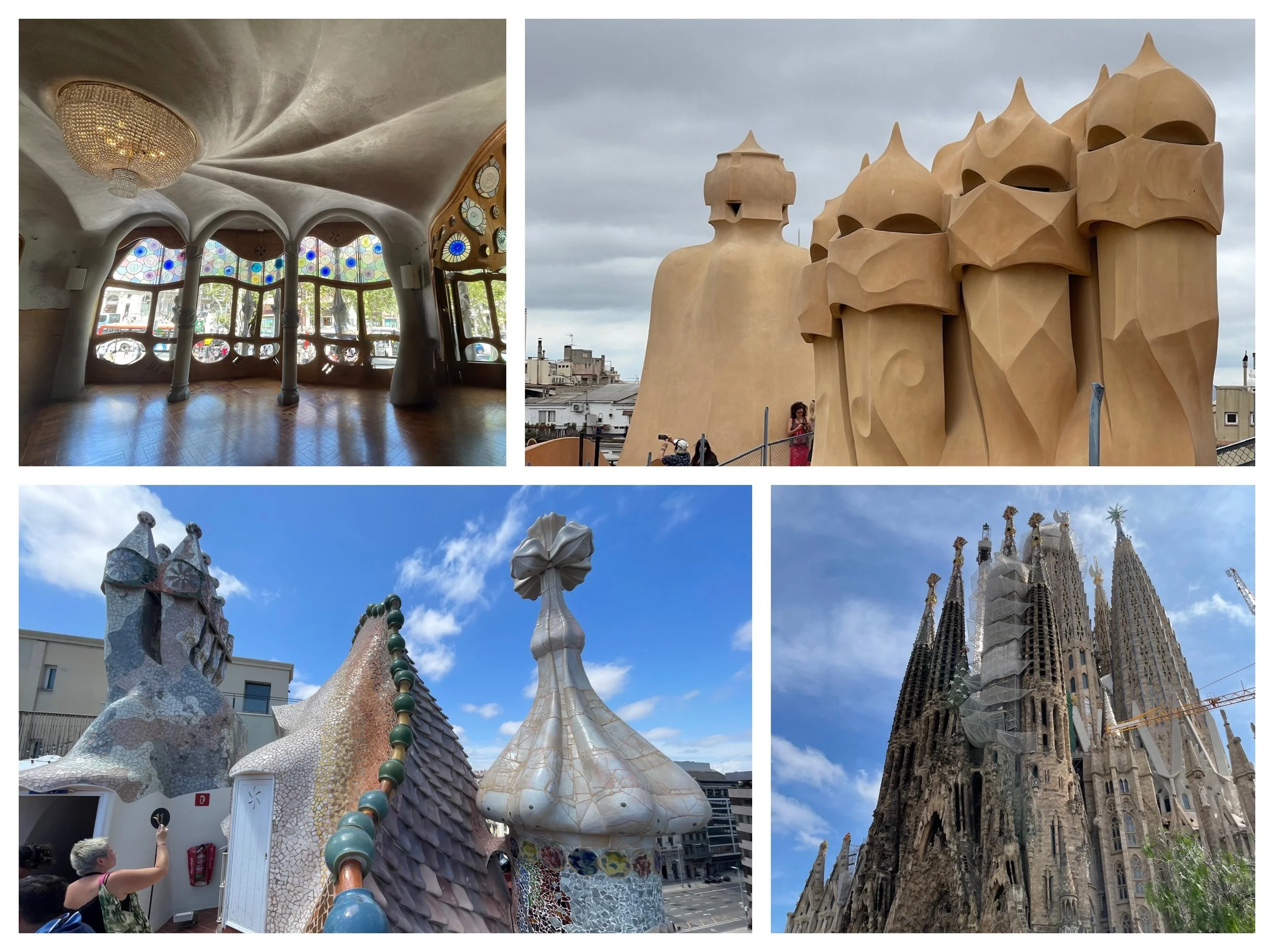Random Thoughts - Impacts of Over-Tourism and What Can We Do About It?
View of Barcelona from Mount Tibidabo
During my travels on this sabbatical, a recurring point of conversation and growing frustration from locals is the overcrowding and booming cost of living in highly sought after tourist areas. The price for housing alone in these areas has skyrocketed, in part due to the growing vacation rental market. It’s not just people sharing their homes any longer, companies are coming in and buying up properties to turn a profit, making the supply more scarce, and therefore sellers can get premium sale prices. A good example, and the one that I think is most often referenced these days, is Barcelona. One study done in 2020 indicated that the short-term rental market increased the rent by 1.9%, transaction prices by 4.6% and posted prices by 3.7% in this city alone. This study was released in the height of the pandemic, so the research was likely gathered pre-pandemic, but more recent reporting is saying that tourism around the world is predicted to exceed pre-pandemic levels. You can see why there have been a number of recent protests resisting the growing tourism market in Barcelona, specifically.
This is top of mind because we luckily left Barcelona the day before these water pistol protests occurred. While I commend the locals for using a creative, non-violent and non-destructive approach, I am glad that we weren’t around for it. But it has me thinking about what can be done about it. Part of me sides with the locals–it’s making it next to impossible to live there, raise a family, etc. because wages are not increasing at the rate of the cost of living. The other part of me asks, “If the tourists go, then how will locals and the local economy supplement that income?”
I am no expert here and I really have no solution to offer, but I love this article I just came across in Fortune by Lebawit Lily Girma, highlighting the work of Ondrej Mitas, a senior lecturer at Breda University of Applied Sciences in the Netherlands. I encourage you to read the whole article, because it is the first article that I have come across that empirically looks at this issue. The article highlights that this is a complicated issue, but if we break it down into its key contributing factors, it might become less overwhelming and a bit more manageable.
Putting the issue of housing cost and how local governments can/should be regulating short-term rentals aside, one experiment conducted in the Netherlands explored alternative ways of drawing tourists to lesser known areas through AI bots and strategic marketing, therefore maintaining the tourism income and hopefully managing the overcrowding of the current “popular” spots. They found that with the right support and ease of managing the trip, there was little to no difference in the satisfaction of those who went to the popular tourist attractions and those who were led to alternatives. With the proliferation of AI these days, it seems like a viable solution to at least one of the contributing factors, but I would guess that this won’t become more mainstream until companies start to see the value over pushing popular tourist attractions.
Some of my favorites of Antoni Gaudi's work across Barcelona.
I would love to hear your thoughts on the issue in the comments below. Please share any other research or interesting articles you have read on the matter, or how you try to be (or plan to be) a conscientious traveler.


